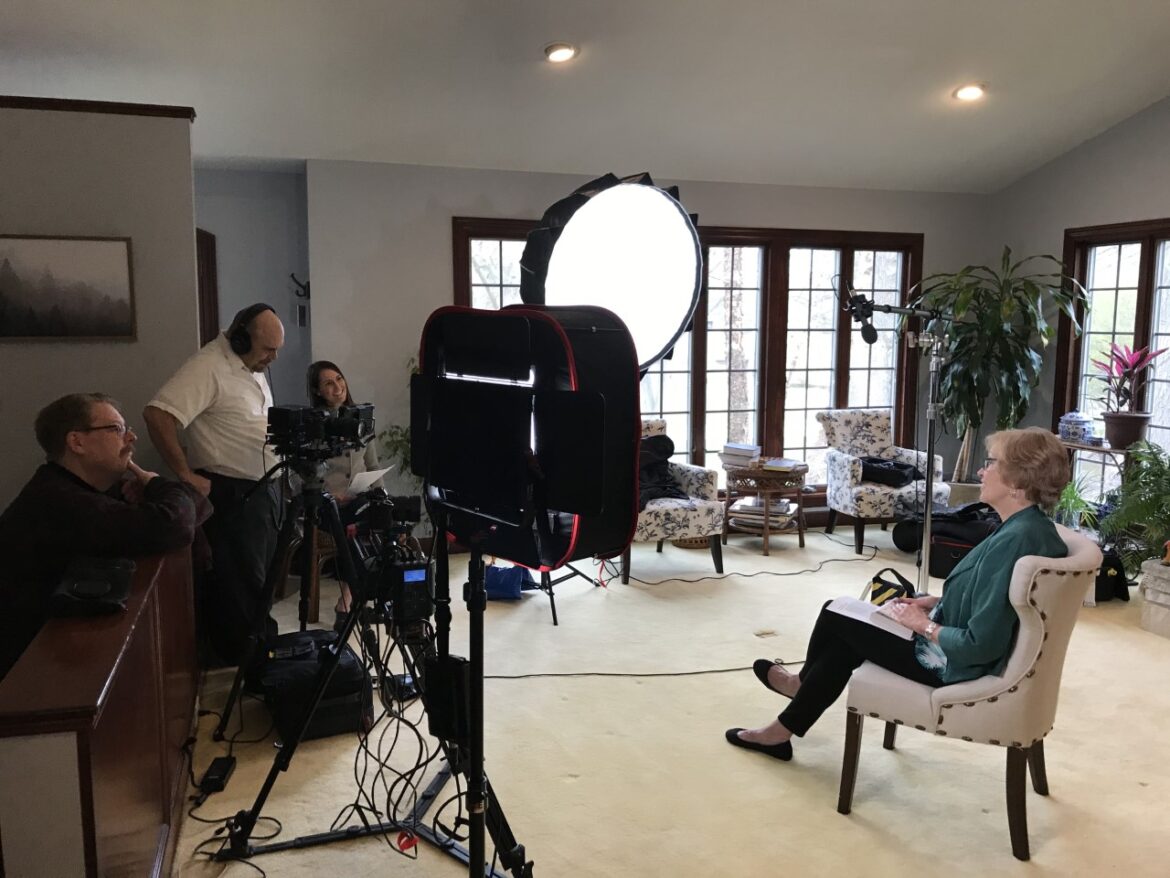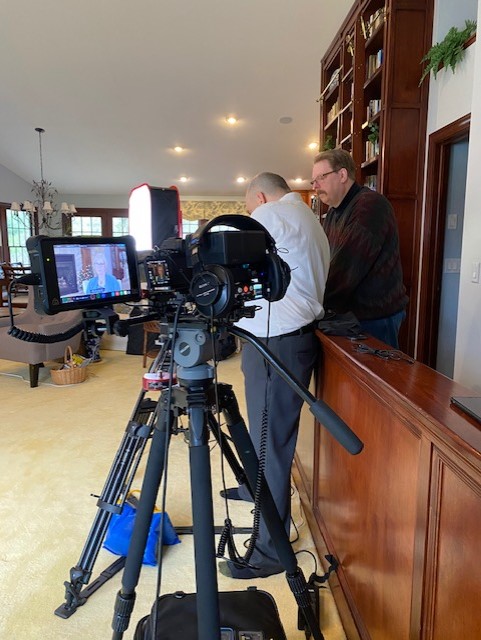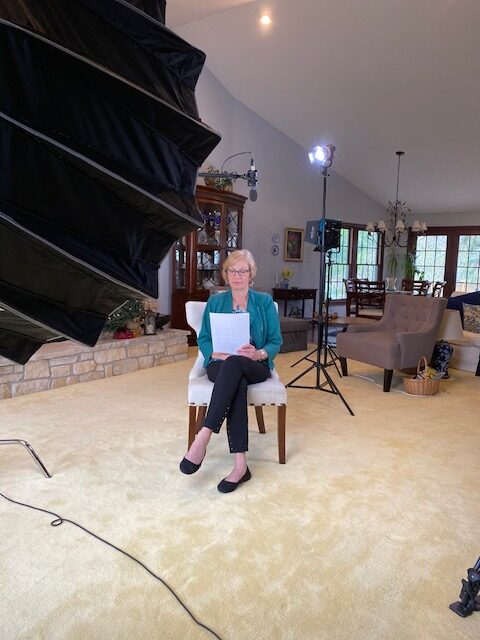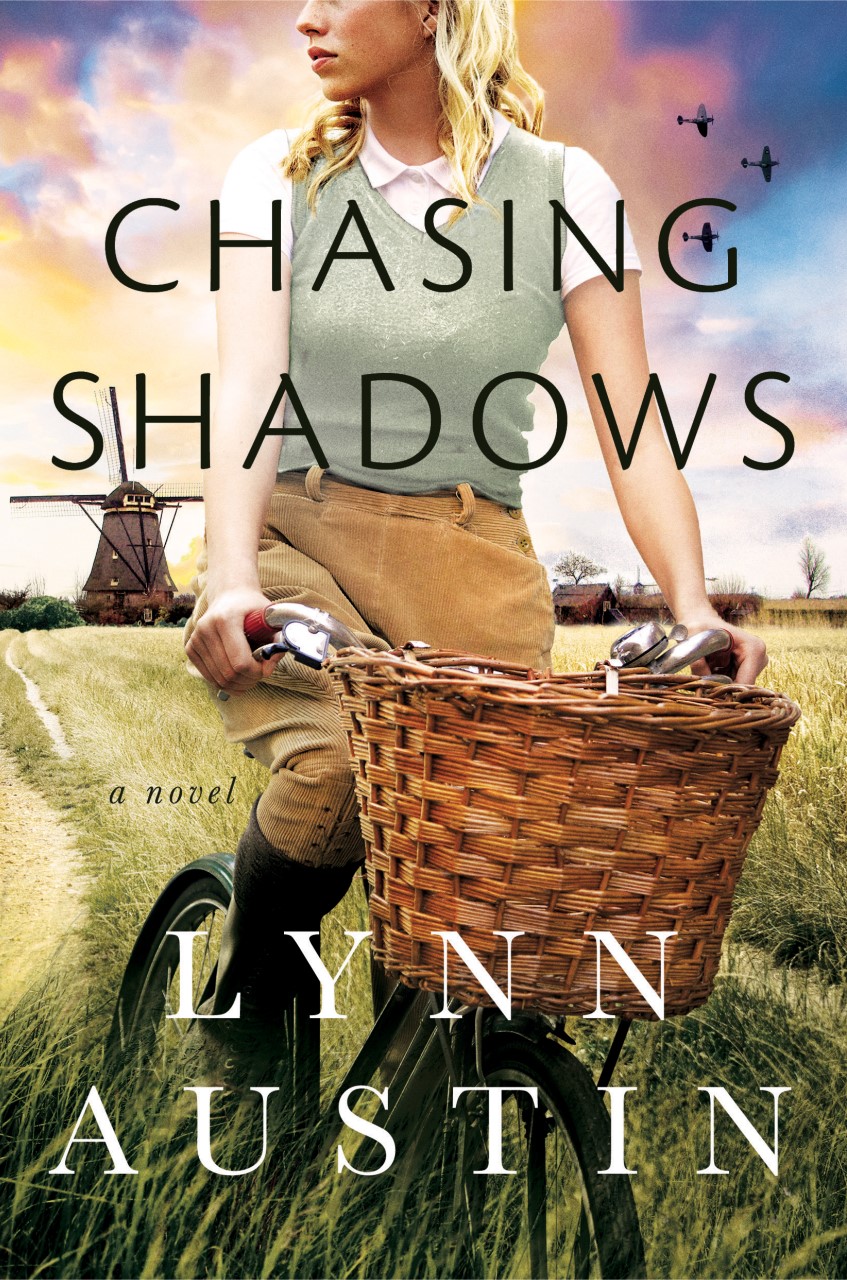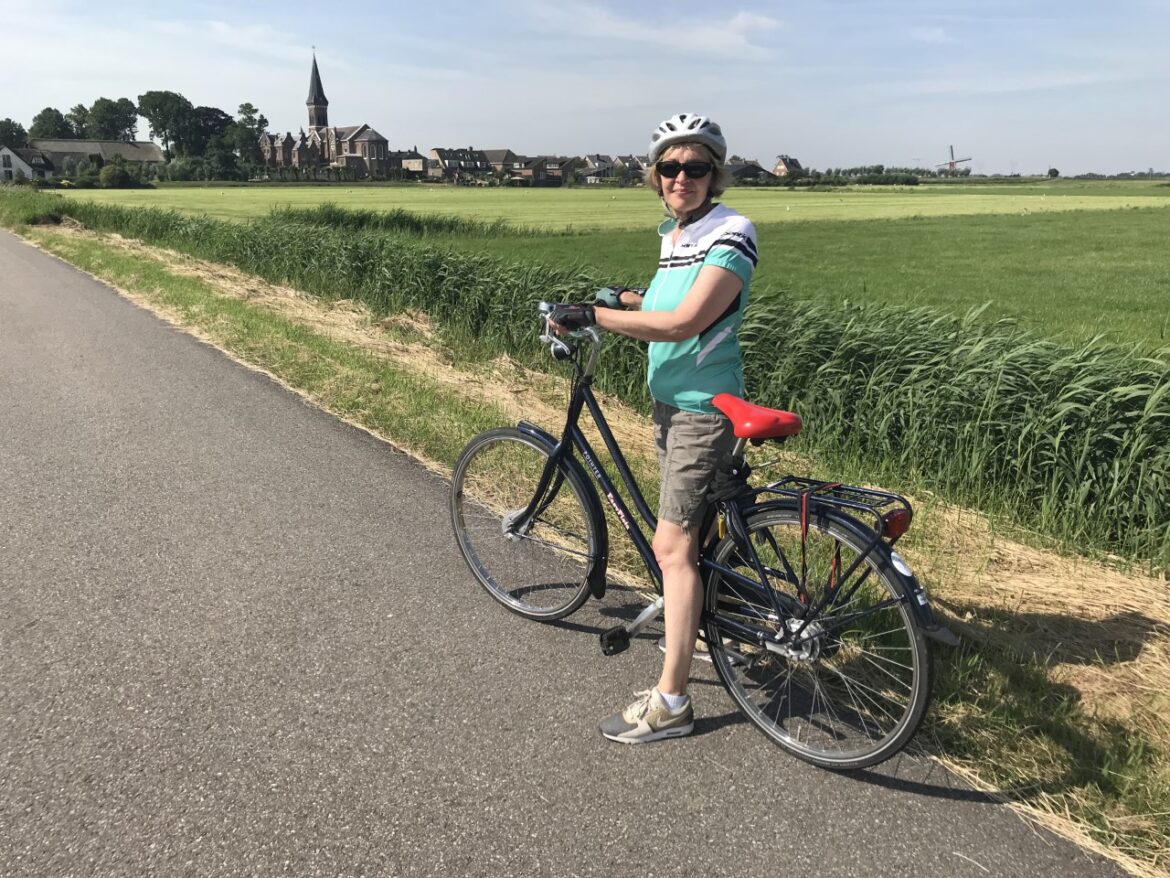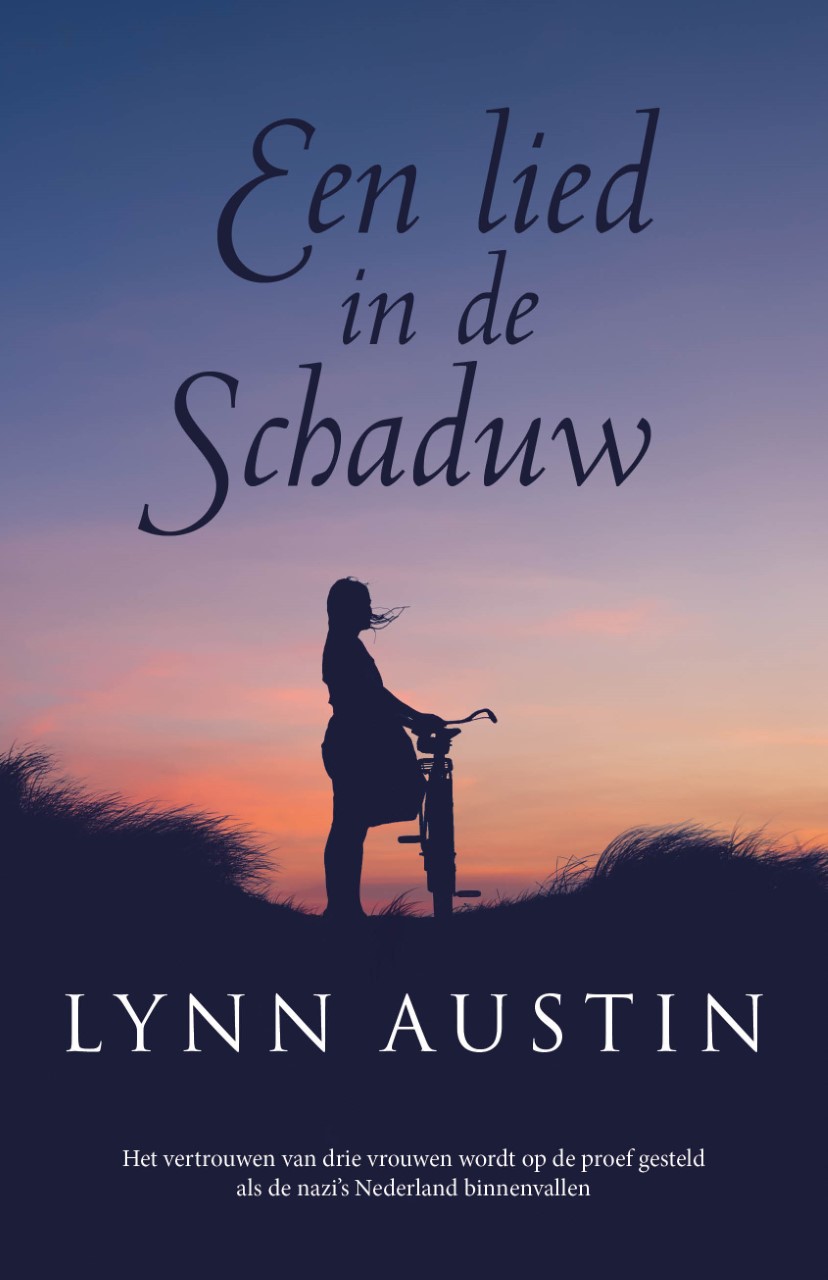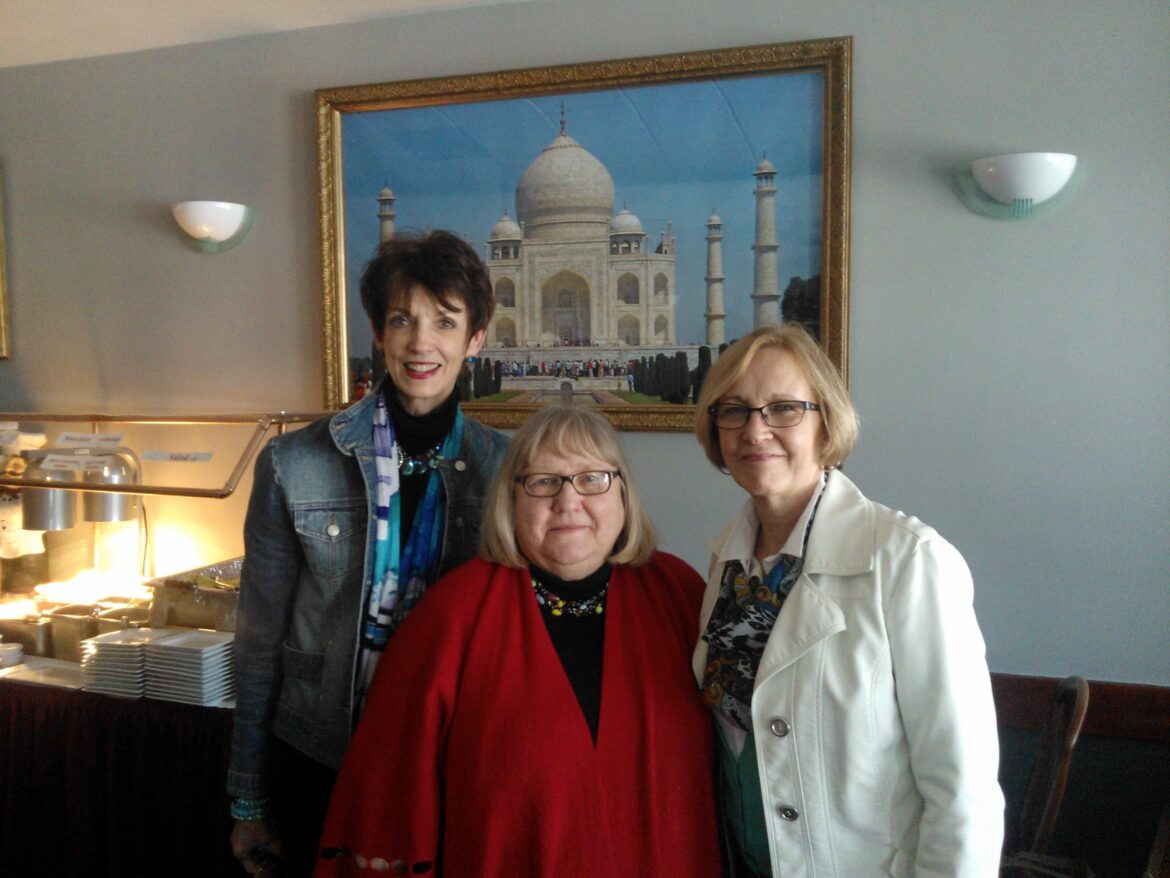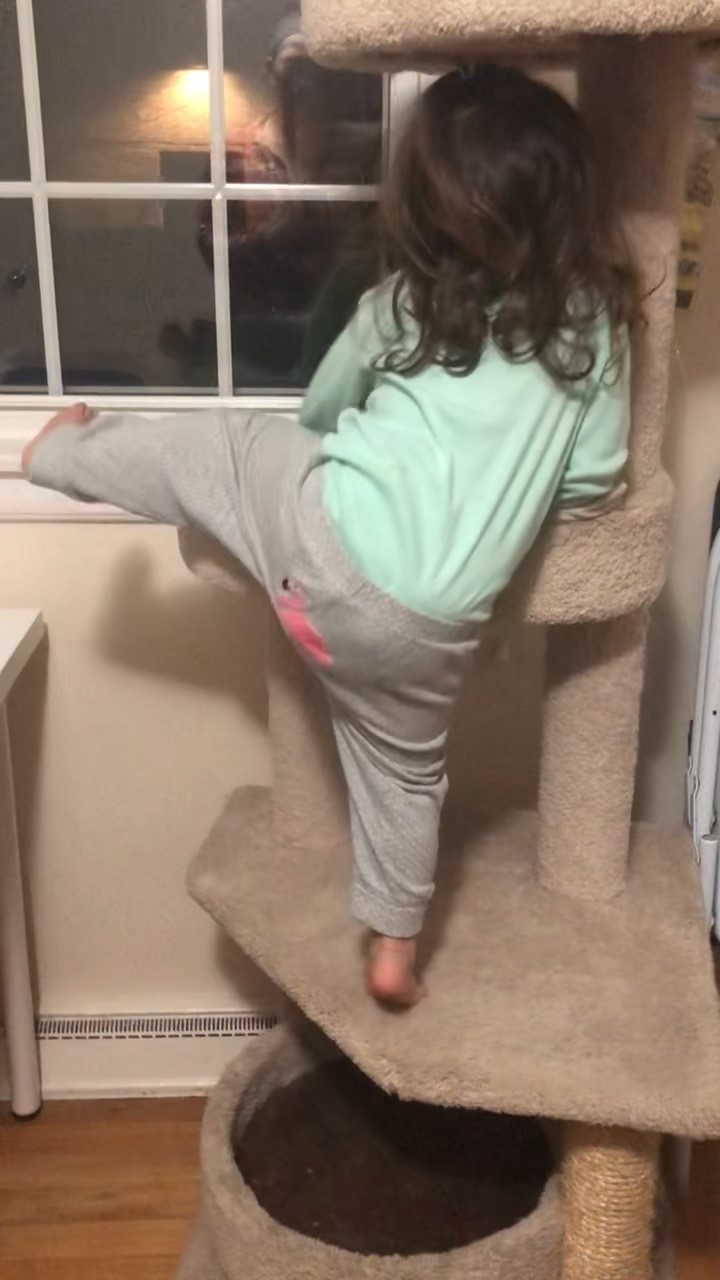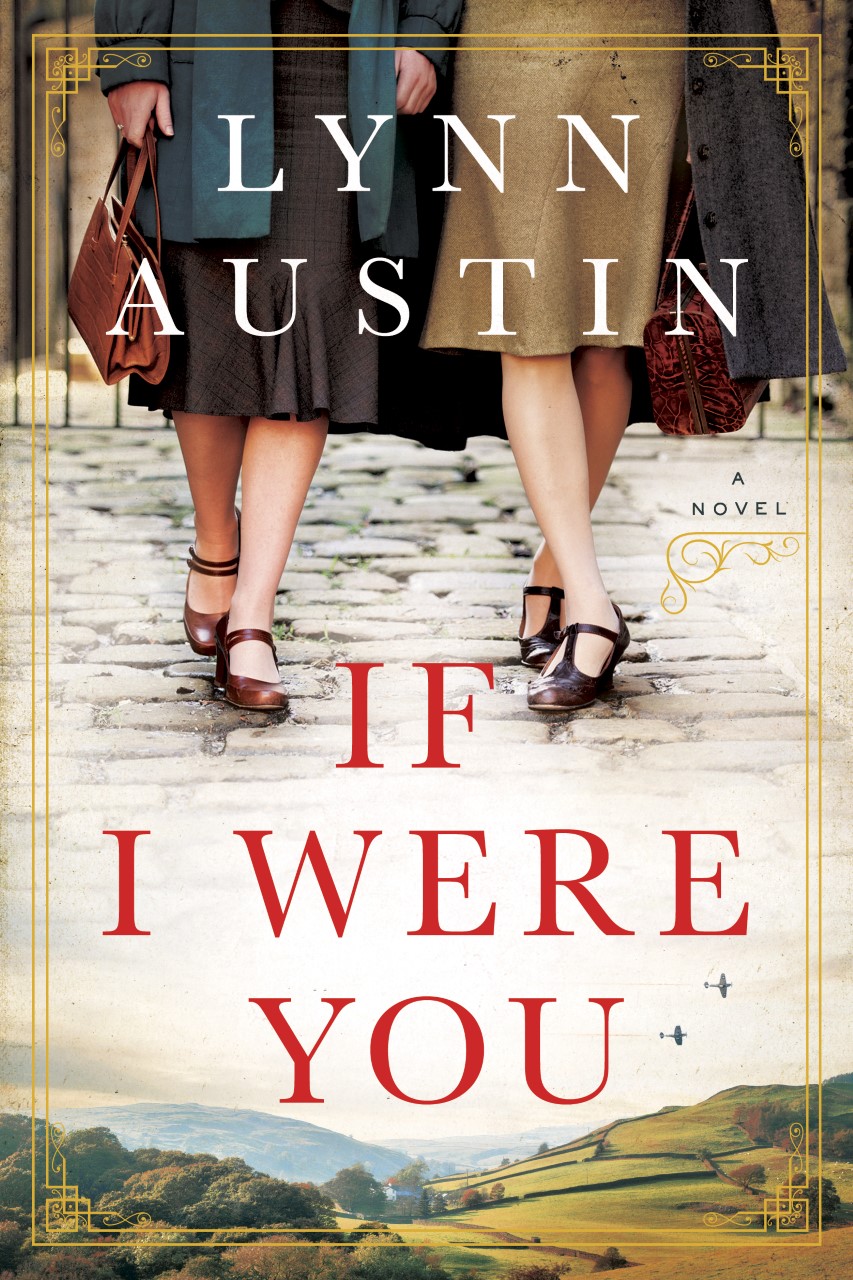Eating Tulips
Have you ever eaten tulip bulbs? I haven’t, and I’m guessing not many of you have, either. Unless you lived in the Netherlands during World War II, that is. A Google search lists quite a few edible flowers including pansies, nasturtiums and marigolds. Tulips aren’t listed. I ate a flower at a trendy restaurant once that looked something like an orchid. It didn’t have much taste. But the Dutch didn’t eat tulips because they were trendy or tasty. The people were starving and desperate, and tulips were the only food available. Actress Audrey Hepburn, who lived in Holland during the war, has told how she survived on tulip bulbs. She said they tasted terrible.

I learned these sad but interesting facts while researching my newest novel, “Chasing Shadows.” The launch date is tomorrow, June 8, by the way, and I am super excited! (Keep reading to find out how to win a free copy!) The novel tells the stories of three women who live through the Nazi invasion and occupation of the Netherlands during WWII and have to decide how they will cope. The easiest way to survive is to befriend the enemy and collaborate with them. The middle path is to bury your head in the sand and simply try to cope by giving in to their demands, no matter how evil. The most difficult choice—and one that many, many brave Dutch people chose—is to actively resist and fight back against everything the Nazis were doing. You’ll have to read the novel to find out which of the paths my main characters chose.
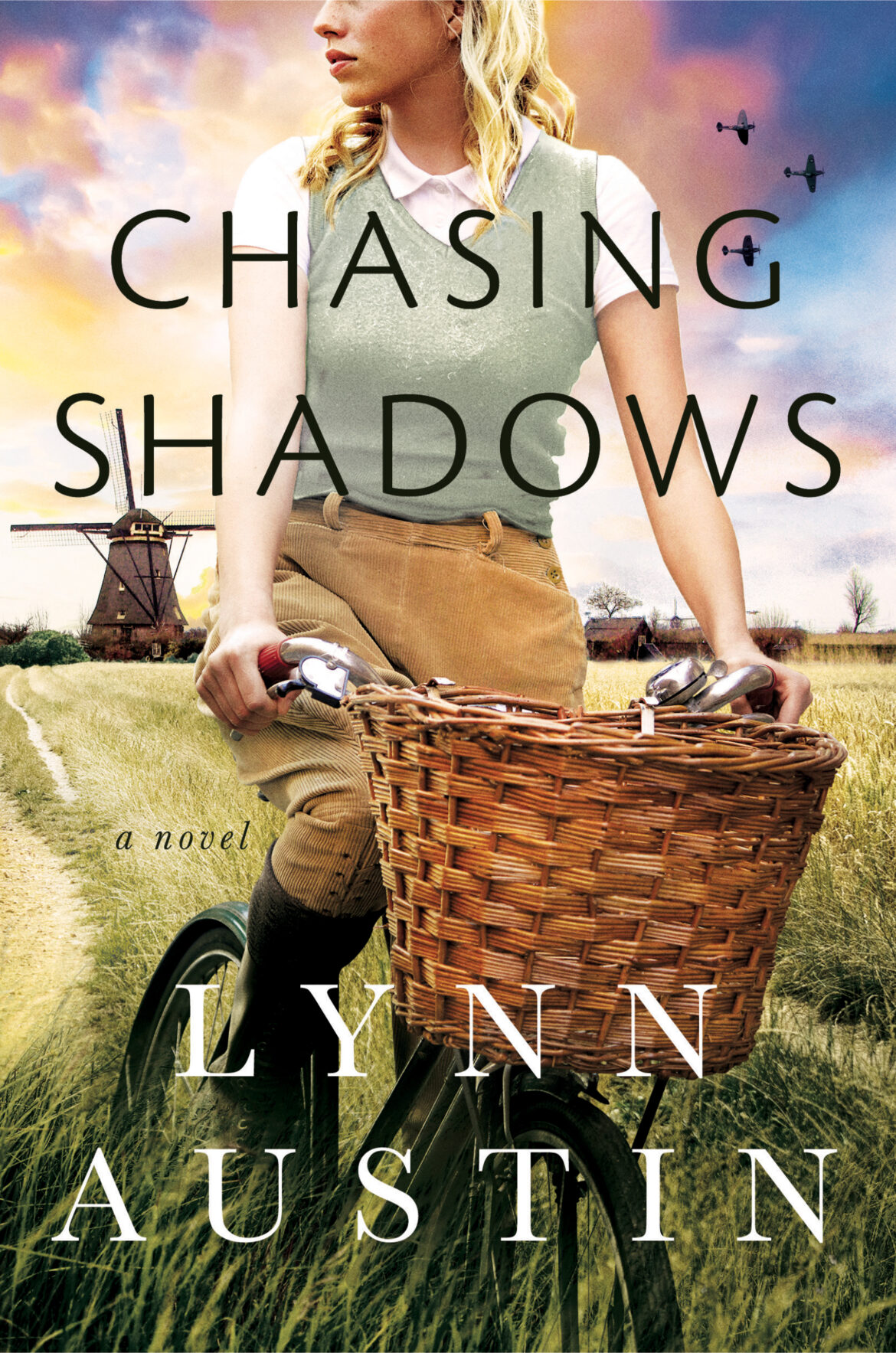
The Dutch people suffered terribly during the war. During the final year, the railroad workers went on strike to hinder the Nazis’ movements, but when the trains halted, food supplies couldn’t be distributed. The winter of 1944-45 was called the Hunger Winter. It’s estimated that 22,000 civilians starved to death. One of the few things available to eat were tulip bulbs, so the Dutch Office of Food Supply published a guide with recipes, telling people how to cook them. The most common way was to grate the dried bulbs and use it like flour to make bread.
Fortunately, most of us have never faced the hardships of warfare. But we can read novels like “Chasing Shadows” and try to put ourselves in the characters’ places, and imagine how we would have reacted to such extreme circumstances. I like to think I would have faced the enemy courageously, but I’ll never really know.
And yet . . . I do have an enemy who wants to defeat me and take me captive. I face a variety of challenges, large and small, every day, and must decide how I will react. Am I going to allow the enemy to discourage and defeat me? Will I get angry, give in, give up? Or will I allow Christ’s love and grace to shine through me regardless of the circumstances? Like the women in my novel, I must decide if I will surrender to the enemy, do nothing, or show love?
It seems like it has taken a lifetime for me to fully trust in God’s provision. Like the Israelites, I sometimes grumble and complain about the manna He provides, preferring the cuisine of captivity. Jesus said that if we ask our Heavenly Father for bread, He isn’t going to give us stones. But sometimes His answers to prayer seem pretty hard to swallow. Like tulip bulbs. Will I eat them without complaining? Will I be thankful for them, as the faithful Dutch people were? Until the enemy is fully defeated, it’s a decision I must remember to make every day.
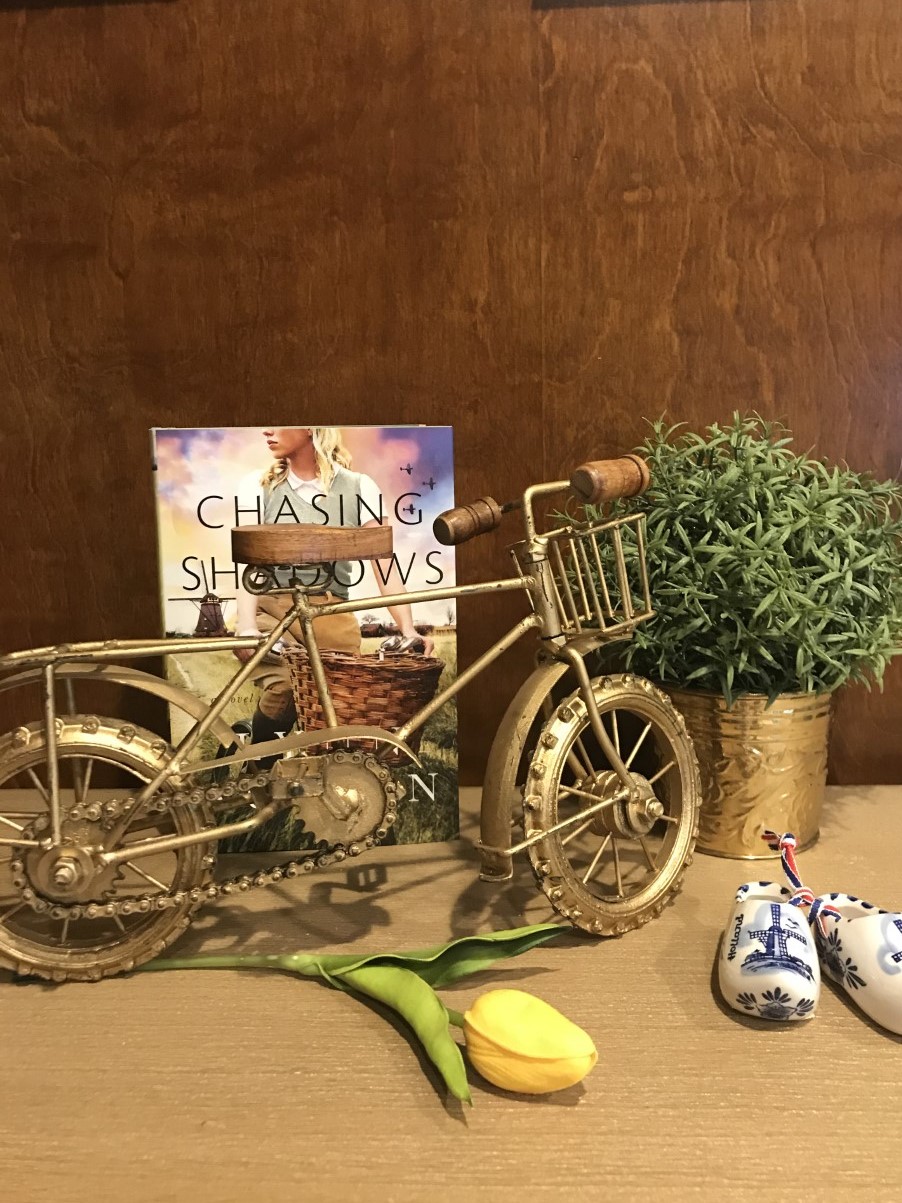
To celebrate the release of “Chasing Shadows,” (and my characters who eat tulips bulbs), I’m giving away two free copies of my book. To enter to win, simply leave a response to this blog, below. If you’d like, you can tell me about any flowers you’ve eaten. (I don’t think cauliflower counts!) Enjoy!
- 3016
- 21
- 51





